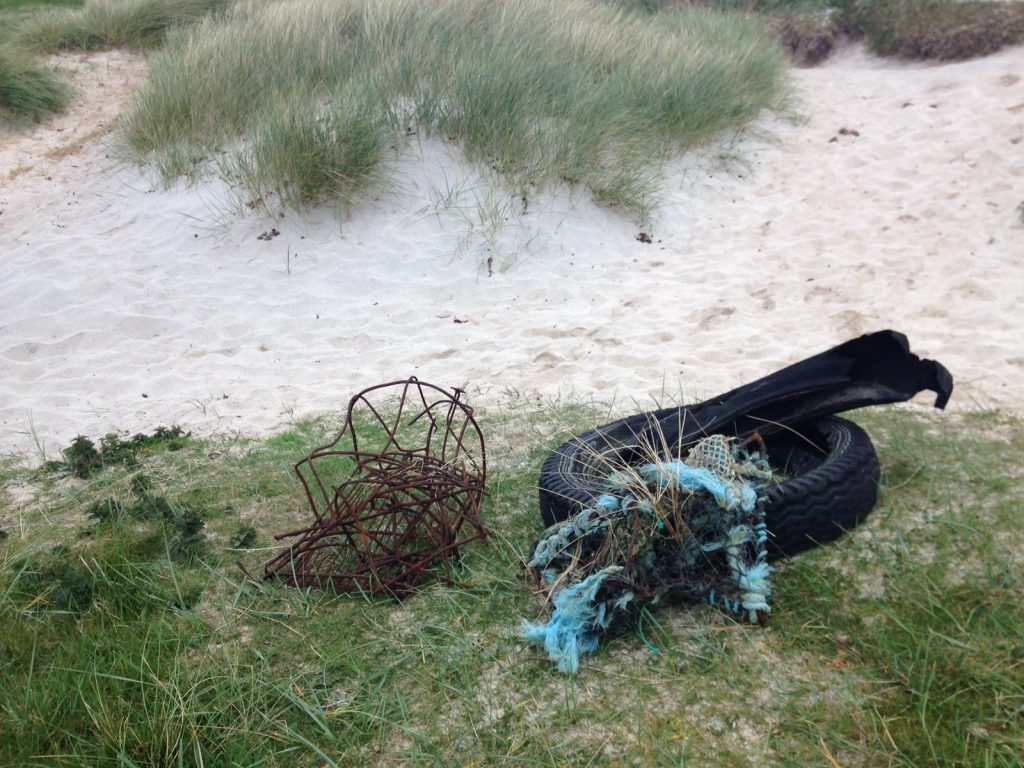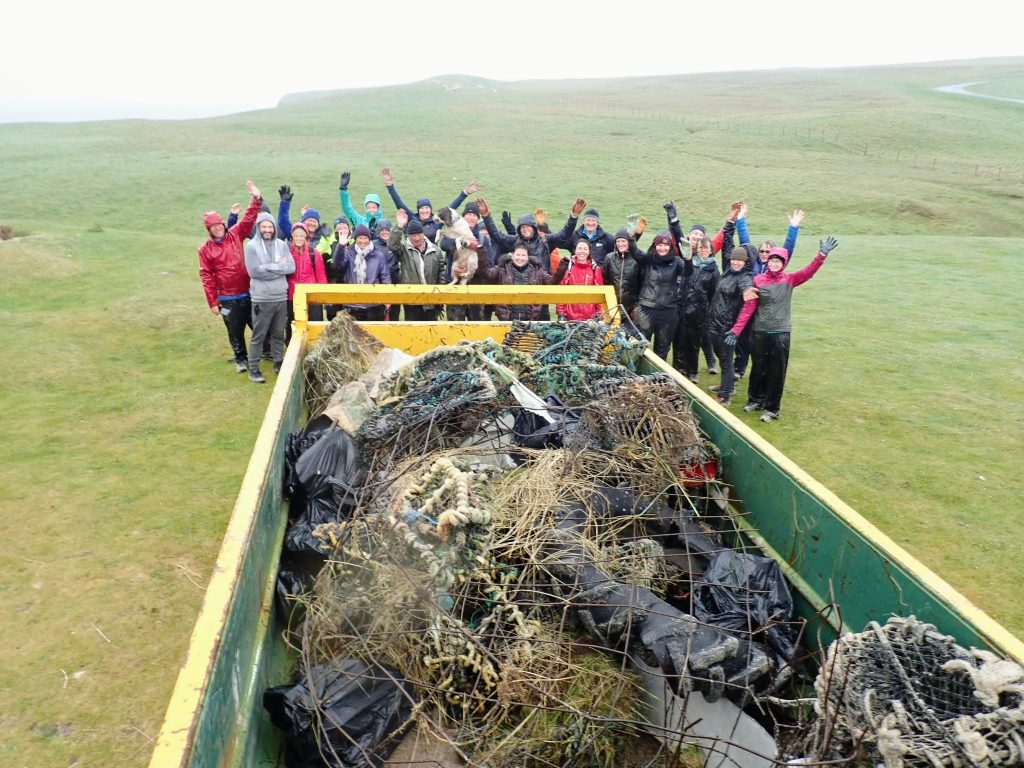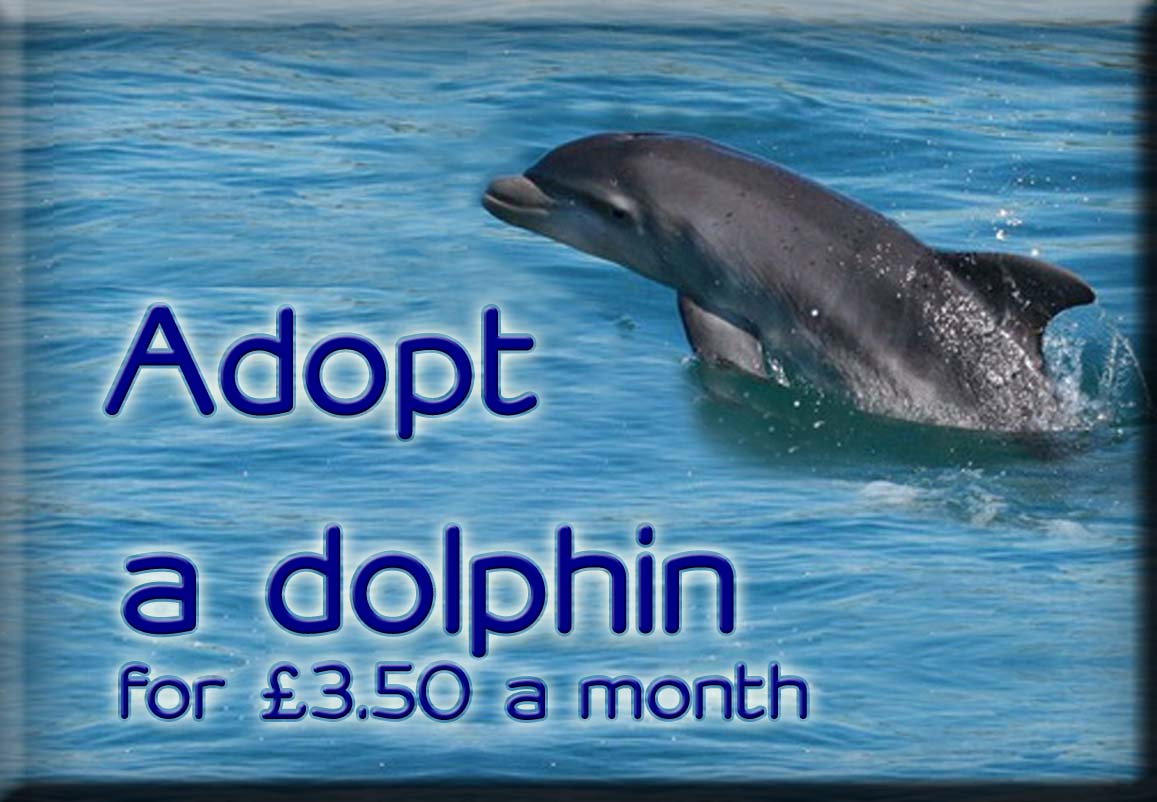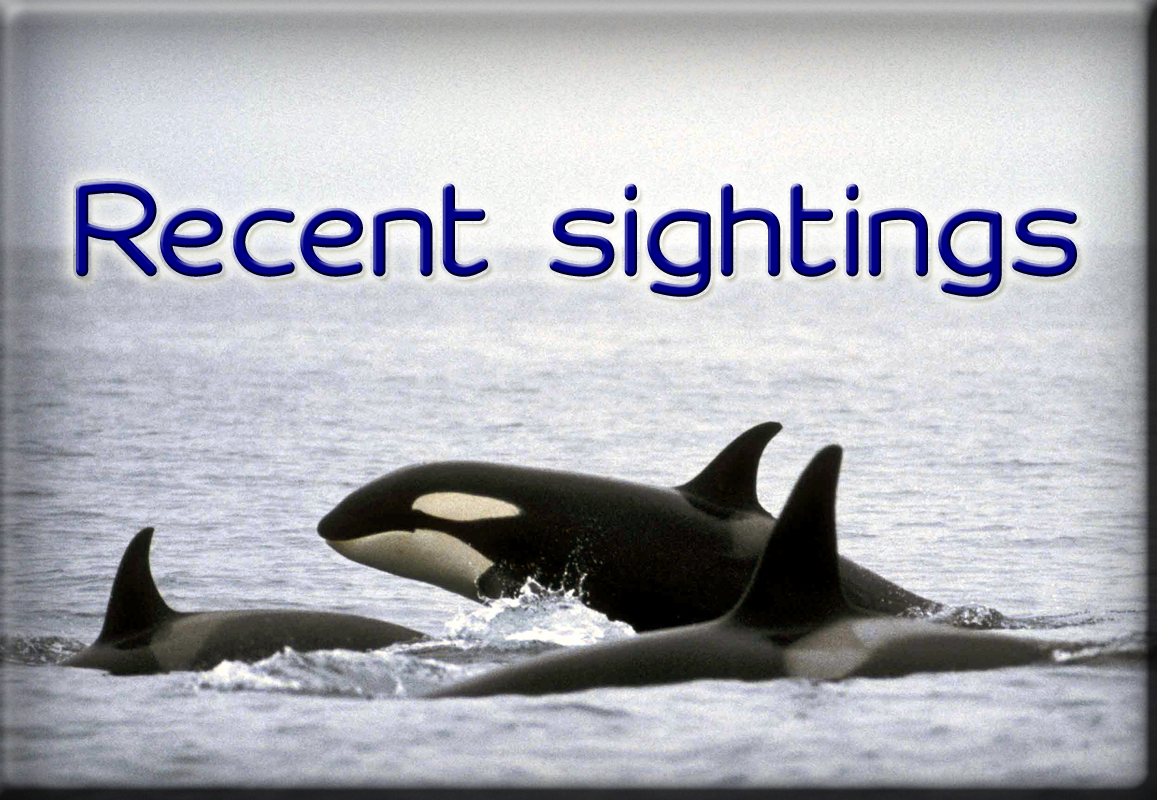Litter is a huge concern for marine wildlife, including cetaceans. According to UNESCO, one million birds and over 100,000 marine mammals die as result of marine litter each year, with plastic being one of the main culprits. Unfortunately, over 220 million tons of plastic are produced annually, and so it’s a problem that sadly isn’t going to go away any time soon. Consequently, many organisations, including us here at Sea Watch, are trying to do all we can to help reduce the amount of litter found in our natural surroundings. Beach cleans are a fantastic way to help clean up our environments, which subsequently help to protect local wildlife. They are becoming increasingly popular and are often organised by different non-profit organisations. However, it’s something that can be done by anyone at any time of the year!

Litter found on Sannick beach. Photo Credit: ©Chiara G. Bertulli / SWF
We’re trying to encourage members of the public to do their part and pick up any litter seen when out and about. Whether, you’re taking your dog for a walk around the block, going for your daily jog, or taking a walk along our wonderful coastline – it’s so easy to pick up rubbish you see and dispose of it properly in a safe manner.
There are a few things to consider if you’d like to help clean up our environments. Firstly, wear gloves if possible, or use a litter-grabber, and put any rubbish into a bag (preferably reusable!) until you can dispose of it correctly. It’s also worth considering whether any of the items collected can be recycled and it’s important cut up certain items of litter, such as ‘six pack rings’, to help ensure animals such as turtles cannot become entangled in them in the future.

New Quay Beach Clean. Photo Credit: ©SWF
Due to Covid-19, it’s also very important to not gather in groups outside of your bubble and so social distancing guidelines should be adhered too. Unfortunately, Covid-19 has seen a rise in littering, particularly of personal protective equipment (PPE), which has been found in abundance on beaches across the globe (Marine Conservation Society, 2020). These can be very detrimental to marine wildlife, which can become tangled in them, or mistake them for food. Therefore, it’s more important than ever to dispose of rubbish correctly, and clean it up when we can; but please do so safely, using the correct safety resources.

Sannick beach-clean up during Orca Watch 2019. Photo credit: © Suzie Hall / PlasticFreeMe
Sea Watch hold various events throughout the year, such as Orca Watch and the National Whale and Dolphin Watch, and during these events we try and hold beach cleans when possible, which always prove popular! At the last Orca Watch, the High Life Highland Countryside Rangers organised a beach clean and Sea Watch Foundation’s Sightings Officer Chiara G. Bertulli was joined by 20 Orca Watchers who helped collect plastic bottles, cans, lobster pots, fishing gear, car tyres, rusted metal pieces other miscellaneous items. It was a great way to increase public awareness on the impact of marine litter/pollution, whilst also keep our eyes peeled for any cetacean sightings! We hope that we will be able to hold similar events at next years Orca Watch which is taking place between the 29th May and 6th June 2021. Keep your eye on our website and social media channels for more information in the new year.
Stay safe everyone!
Stacey
Sea Watch Regional Coordinator
Feature Blogger
Literature cited:
1. UNESSCO (2020), ‘Facts and Figures on Marine Pollution’, viewed 13/12/2020, found online at: http://www.unesco.org/new/en/natural-sciences/ioc-oceans/focus-areas/rio-20-ocean/blueprint-for-the-future-we want/marine-pollution/facts-and-figures-on-marine-pollution/
2. Marine Conservation Society (2020), ‘5 Reasons to Organise a Beach Clean‘, viewed 13/12/2020, found online at: https://www.mcsuk.org/blog/post/five_reasons_gbbc#
























